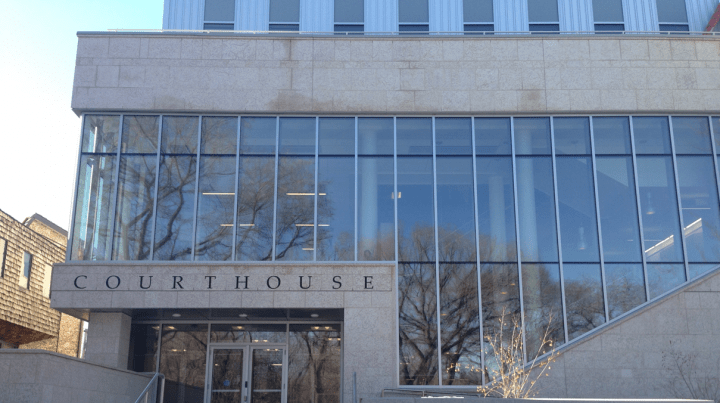Hours after Cheyenne Antoine, 20, made her first court appearance for second-degree murder in the death of Brittney Gargol, a photo was discovered on social media of the two posing together just hours before Gargol’s death.

The social media post by Gargol to her Facebook page was her last – the 18-year-old would later be discovered at 6 a.m. on March 25, 2015 dying on a quiet country road on the outskirts of Saskatoon.
READ MORE: Cheyenne Antoine accused of murdering Saskatoon teen Brittney Gargol in 2015
At the time police were unsure of Gargol’s identity – today it’s hard to say how much this photo played into Antoine’s arrest, but what is clear is how social media is increasingly being used by police during investigations.
“You can go into social media and find out almost anything about anybody,” Supt. Dave Haye of the Saskatoon Police Service said.
According to Haye, an officer is assigned to scour social media for clues in any major investigation.
“It could range from a serious assault, to a homicide, even to commercial crime.”

Depending on your privacy settings, anyone can track your movements or access your photos and posts – which could even be presented in court.
“They can provide both an alibi for themselves at times; they can provide some great assistance to your defence,” criminal defense lawyer Brian Pfefferle said.
“But it can also provide corroboration to a Crown theory that could cause difficulty [in] defending yourself.”
Pfefferle has even refrained from calling on his client to testify if he knows police have already obtained prejudicial information on them.
“Lawyers have to be very careful that they’re not advising clients to delete or destroy evidence that is already existing online – however, changing the privacy settings are a different story.”
Pfefferle says it would be naive to think members of a jury don’t search for information on an accused even if they’re instructed not to. He’s even used social media to dig up information for his own cross-examinations.
“We regularly are able to access intimate details about complainants and witnesses in cases,” Pfefferle said.
“When we get jury lists, we’ll regularly go through the list and attempt to see information that’s available to the world through social media.”
Is someone racist or sexist? Have they ever said anything highly prejudicial on social media? Those are all important questions when preparing for a case to go to trial.
“Your reputation in the community is something that can definitely affect your right to a fair trial,” Pfefferle said. “We have a system that is one of the best in the world, but it is still subject to human bias.”
The court of public opinion is another a significant hurdle for defence counsel to overcome once an accused has been charged and there is media coverage of the case.
According to Pfefferle, “live tweeting” – or play-by-play reporting – by reporters during a trial can help the public fully understand why someone is found guilty or not guilty by a judge or jury.





Comments